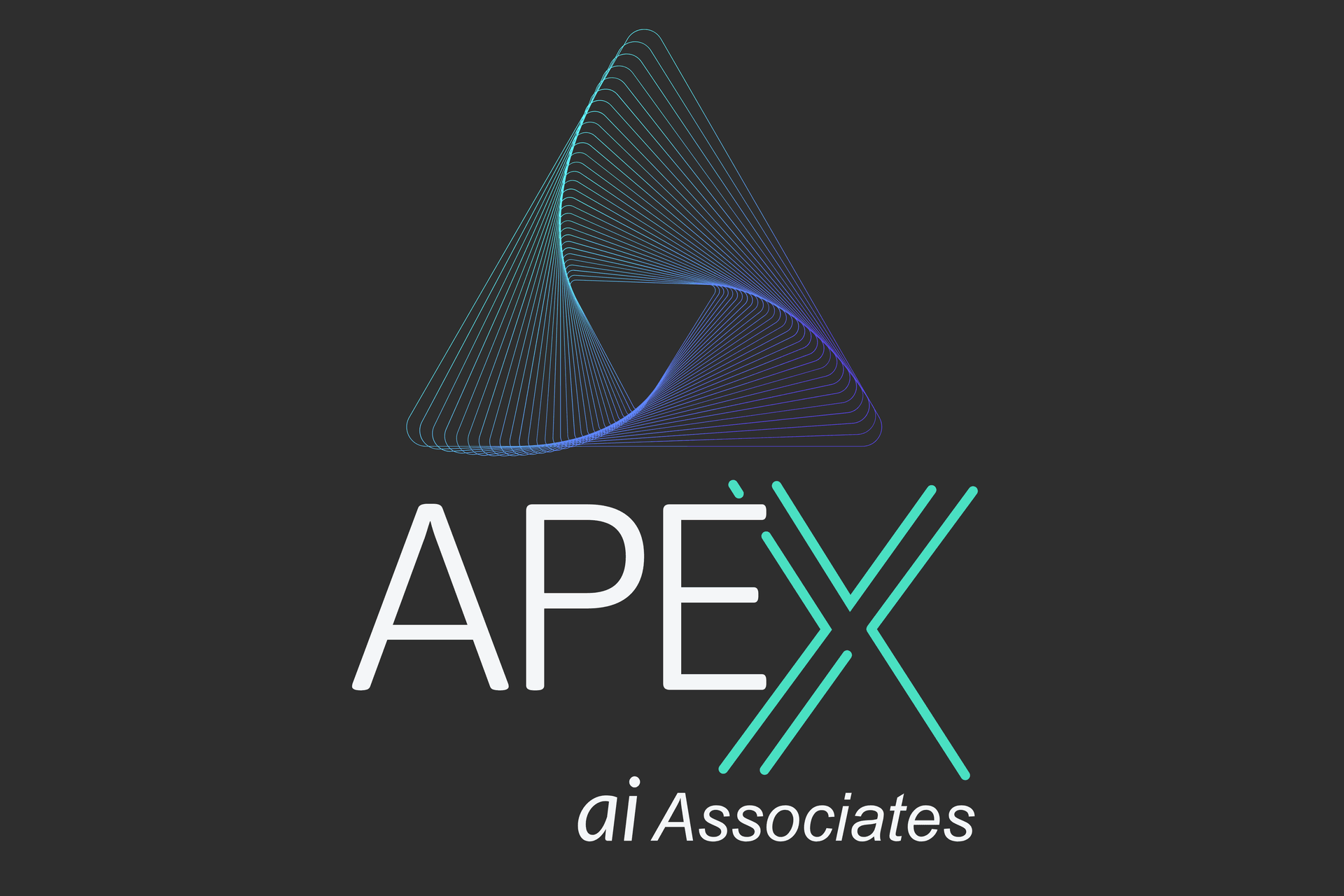AI Implementation in Lansing: A Step-by-Step Guide for Local Businesses
Understanding the Importance of AI for Local Businesses
Artificial Intelligence (AI) is transforming the way businesses operate across the globe, and Lansing is no exception. As local businesses aim to enhance efficiency and customer experiences, integrating AI into their operations can be a game-changer. This guide will walk you through the steps of implementing AI in your business, ensuring a smooth transition into the digital age.

Assessing Your Business Needs
Before diving into AI implementation, it's crucial to understand the specific needs of your business. Ask yourself: What are the areas where AI can bring the most value? Whether it's customer service, data analysis, or process automation, identifying these key areas will help tailor your AI strategy effectively.
Conducting a Needs Assessment
A comprehensive needs assessment involves evaluating current processes and identifying pain points that AI can address. Gather input from various stakeholders within your organization to ensure that all perspectives are considered. This collaborative approach will help in setting clear objectives and expectations for AI deployment.

Choosing the Right AI Solutions
Once you’ve identified the areas for improvement, the next step is to choose the right AI tools and solutions. There is a myriad of AI technologies available, ranging from machine learning algorithms to natural language processing systems. Evaluate each option based on your business requirements, budget, and scalability needs.
Partnering with AI Vendors
Selecting a reputable AI vendor can make a significant difference in the implementation process. Look for vendors with proven expertise in your industry and those that offer support throughout the integration process. This partnership will ensure that the AI technology aligns with your business goals.

Implementing and Integrating AI
With the right solutions and partners in place, it’s time to implement the AI technology. Start with a pilot program to test the feasibility and effectiveness of the AI initiatives. This allows for adjustments before a full-scale rollout. Ensure that your team is adequately trained to work alongside AI systems to maximize their potential.
Monitoring and Optimizing Performance
After implementation, continuous monitoring is essential to measure the performance of AI systems. Analyze data regularly to gain insights into how AI is impacting your business operations. Optimization should be an ongoing process; use feedback to refine and improve AI functionalities over time.

Overcoming Challenges in AI Implementation
While AI offers numerous benefits, businesses may encounter challenges during implementation. Common issues include data privacy concerns, resistance to change from employees, and integration difficulties with existing systems. Address these challenges proactively through clear communication and robust change management strategies.
Ensuring Ethical Use of AI
Ethical considerations are paramount when deploying AI technologies. Develop policies that ensure transparency, fairness, and accountability in AI usage. By fostering a culture of ethical responsibility, businesses can build trust with customers and stakeholders.
The Future of AI in Lansing Businesses
As AI continues to evolve, its role in shaping local businesses will only grow stronger. By embracing this technology today, Lansing businesses can position themselves for future success in an increasingly competitive market. Whether you're a small startup or an established company, integrating AI can unlock new avenues for innovation and growth.
In conclusion, implementing AI in Lansing businesses involves careful planning, strategic partnerships, and a commitment to continuous improvement. By following these steps, local businesses can harness the power of AI to drive efficiency and enhance customer satisfaction.
